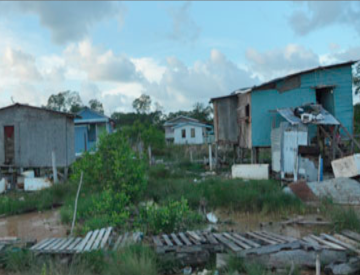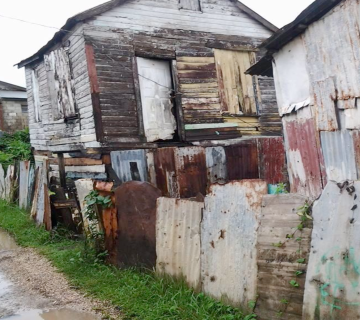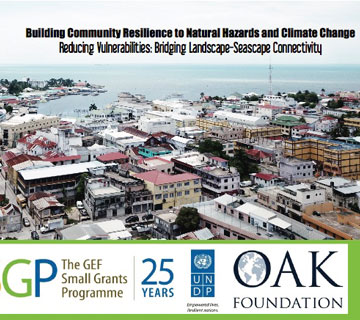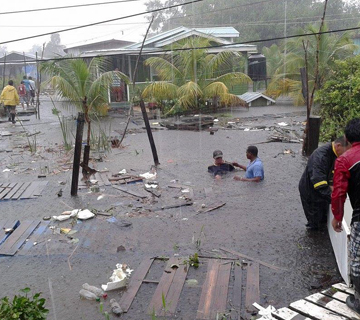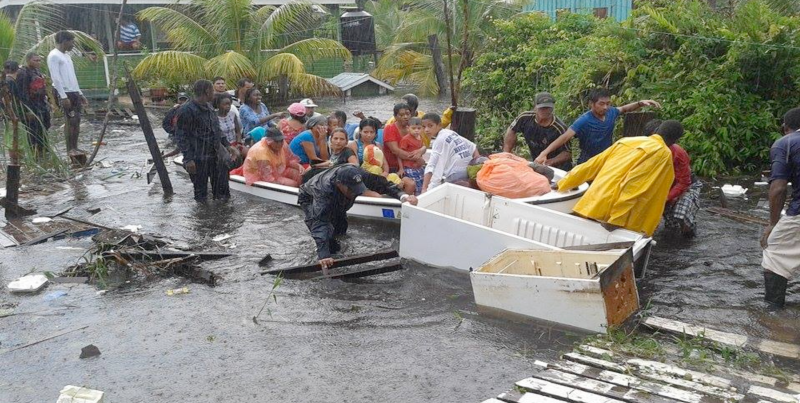 The convergence of urbanization and climate change is the most significant challenge confronting Belize today, and if not planned for and managed sustainably, can increase the exposure and vulnerability of already vulnerable populations, ecosystems, buildings and infrastructure to the impacts of climate change and climate variability, intensifying urban poverty, destroying urban cultural heritage, and compromising Belize’s social and economic development progress and the achievement of the Sustainable Development Goals (SDGs), the global effort to end poverty, fight inequality and injustice, and tackle climate change by 2030.
The convergence of urbanization and climate change is the most significant challenge confronting Belize today, and if not planned for and managed sustainably, can increase the exposure and vulnerability of already vulnerable populations, ecosystems, buildings and infrastructure to the impacts of climate change and climate variability, intensifying urban poverty, destroying urban cultural heritage, and compromising Belize’s social and economic development progress and the achievement of the Sustainable Development Goals (SDGs), the global effort to end poverty, fight inequality and injustice, and tackle climate change by 2030.
According to UN-HABITAT, no urban area can be placed on a long-term sustainable development path without first considering and building resilience to the impacts of climate change, for if it does not, today’s development gains may be wiped out tomorrow.

